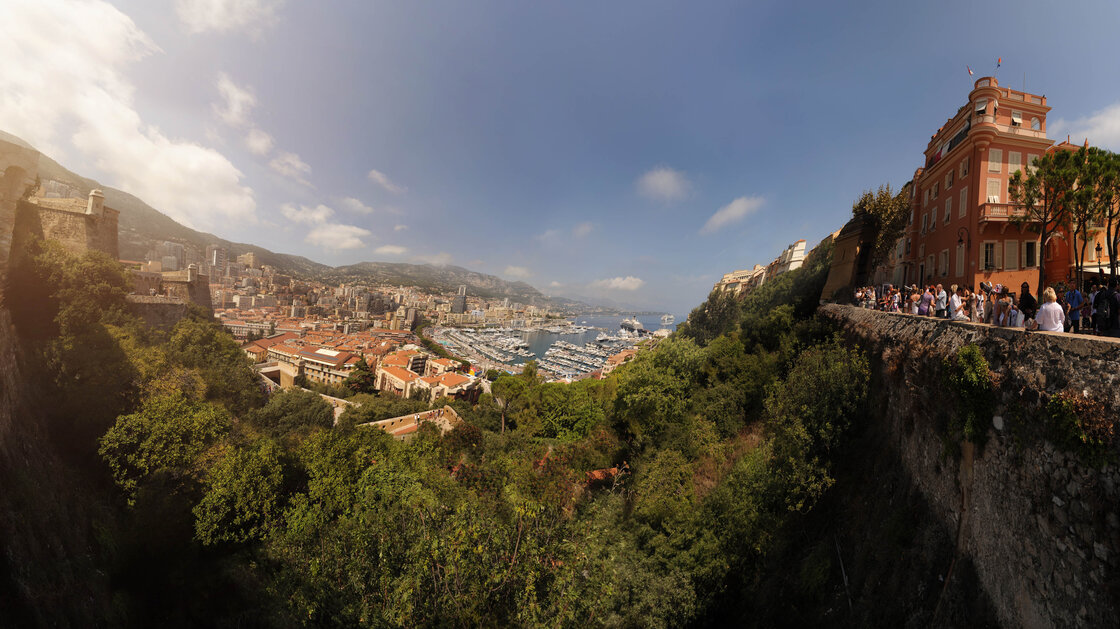
Monaco, on the French Riviera, is one of several sovereign nations that have no standing army.
Even in times of global economic crisis and shrinking national budgets, many countries cling tight to their military forces. Defense spending, for most states, is considered an unavoidable necessity for protecting citizens.
But what if having a military wasn't necessary? There are currently 23 countries in the world that don't have an army, and they seem to get by just fine.
Their profiles vary significantly, and the total count depends on how states and militaries are defined, but most are small nations with no military capabilities whatsoever. They include Andorra, Costa Rica, Liechtenstein, the Vatican, Samoa, Nauru, Kiribati and other tiny island-states.
In addition, there are half a dozen countries with no standing army that maintain limited paramilitary security forces for protection. These include Iceland, Haiti, Monaco, Mauritius, Vanuatu and Panama. Being a demilitarized state might sound like a peace-loving panacea, but most of these nations made the choice to go without armed forces for very pragmatic reasons: ideals.
Many of the countries were formed without an army when they gained independence — including the Federated States of Micronesia, Palau, Samoa and Tuvalu — and therefore didn't see a need to create a military, given their small size and lack of foreign enemies.
Other countries — Haiti, Grenada, Panama, Costa Rica — underwent a full demilitarization process. The best illustration is Costa Rica, which dissolved its army in 1948 after a short but bloody internal conflict, and the decision was incorporated into the country's constitution.
In 1990, Panama followed suit, dismantling its army after the American invasion to remove the country's military dictator, Manuel Noriega. Their public security apparatus, the Panamanian Public Forces, however, does maintain some warfare capabilities.
For many of these countries, not having an army is a source of national pride, and it has even helped some assume roles as international peacemakers. Costa Rica, for example, is home to the headquarters of the United Nations University for Peace, and Iceland, through its Crisis Response Unit, participates in peacekeeping efforts in Bosnia-Herzegovina and Palestine.
Not having an army also frees up a significant percentage of the national budget that can be allocated to other public sectors, such as health and education. While defense spendingconsumes 3.8 percent of the United States' GDP and 4.1 percent of Russia's, it's a flat zero percent for Costa Rica and Panama. And even if you factor in other security forces, such as border patrols, coast guards and air surveillance, Costa Rica spends less than .05 percent of its GDP a year on security.
Still, going without an army obviously comes with risks, and many of these military-free nations have protection agreements with larger countries. Iceland, for example, is under the wing of NATO, and different member states take turns guarding Iceland's air space. Monaco is protected by France, Italy looks after the Vatican and Andorra was smart enough to sign an agreement of protection in case of invasion with both of its neighbors, France and Spain.
So not having an army is both possible and economically advantageous, especially for small nations, but it's not necessarily the best move for every small country — like Taiwan or Israel.
No comments:
Post a Comment